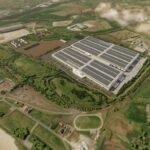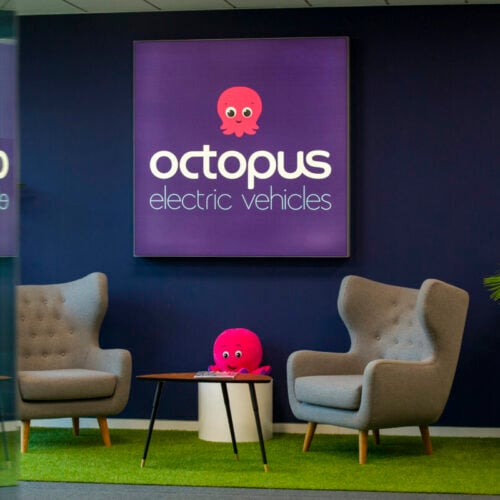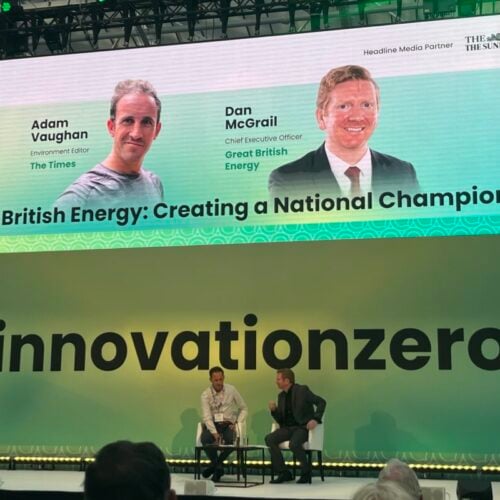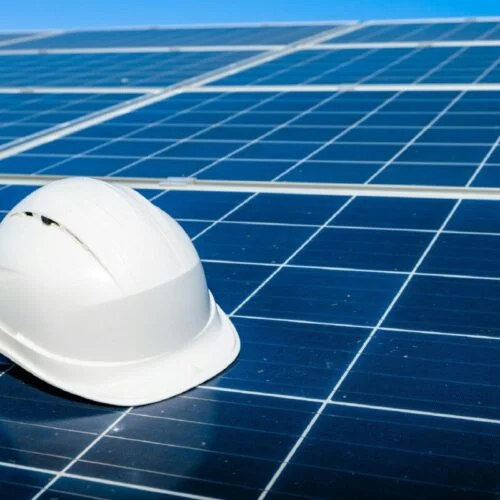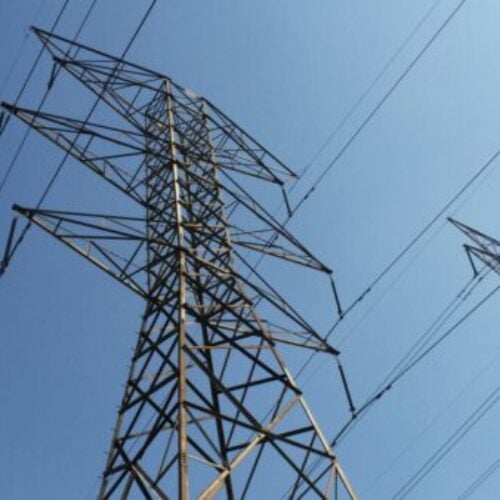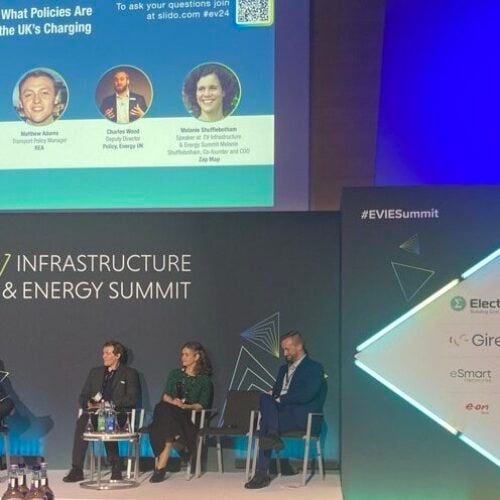Chinese battery manufacturer EVE Energy is in talks over a £1 billion investment into an electric vehicle (EV) gigafactory on the outskirts of Coventry, sources tell the Sunday Times.
The 5.7 million square foot facility is initially expected to have an output of 20GWh, which would subsequently be ramped up to 60GWh.
According to the Sunday Times, the Chinese company is thought to be considering committing an initial £1.2 billion to the project, which would contribute to the creation of up to 6,000 jobs in partnership with local councils and Coventry Airport.
Subsequent phases of the works are expected to expand the site, which would make it almost twice the size of Nissan’s electric battery factory in Sunderland.
The West Midlands in England is home to several carmaking facilities – including ones run by Jaguar Land Rover, Aston Martin Lagonda and BMW – as well as the UK’s largest battery research centre, the UK Battery Industrialisation Centre.
The Coventry gigafactory could attract total private funding of up to £2 billion, but any investment is likely to be contingent on a significant amount of UK subsidies.
Jonathan Carrier, CEO and co-founder of Allye said: “Coventry has worked tirelessly to build a viable solution at the current airport site. Their efforts should be celebrated. Together with UKBIC, it cements the area as the heart of the UK’s battery cluster.
“However, the UK government needs to think long-term about how to support the battery value chain with a cohesive plan to build resiliency.”
Quentin Willson, founder of campaign group FairCharge, said: “Britain needs more battery gigafactories and the investment, jobs and economic activity that comes with them.
“Importantly, domestic-built batteries will help ensure the 2027 EU Rules of Origin that mandate a significant proportion of a battery pack to be locally built don’t result in tariffs that would make our EV exports uncompetitive.”
Domestic manufacturing of EV batteries
The ability to centralise the production of EVs, including batteries, cars, and other components, at UK manufacturing sites has been a sought-after goal for the country since the importance of electrified transport became clear.
Other companies are also interested in reaching that goal, namely Tata Group’s battery business, Agratas, which is set to develop a new battery gigafactory in Somerset.
The manufacturing facility will be developed at the Gravity Smart Campus near Bridgwater, with a significant land holding acquired at Gravity, making Agratas the first and primary occupier on the site.
As previously reported by Current±, the factory is expected to create 4,000 direct jobs and many more in the broader supply chain. It is also expected to cost in the region of £4 billion, with engineering firm Stantec having been selected to design the facility.
The gigafactory, which will have an output of 40GWh, could supply almost half the projected battery manufacturing capacity required for the UK’s automotive sector.
Construction will be completed in phases and is expected to be operational in 2026, at which point it will become one of Europe’s largest EV battery gigafactories.
Moreover, in June 2023, Fortescue Future Industries announced its intention to develop an additional “state-of-the-art facility” for battery and electric powertrain production in Oxfordshire.
Fortescue Future Industries (FFI), which is the renewable arm of Australian iron ore giant Fortescue Metals Group, will develop the production facility in Banbury that, as the company stated, will “significantly expand its UK manufacturing capability, supplying advanced batteries and electric powertrains globally”.
